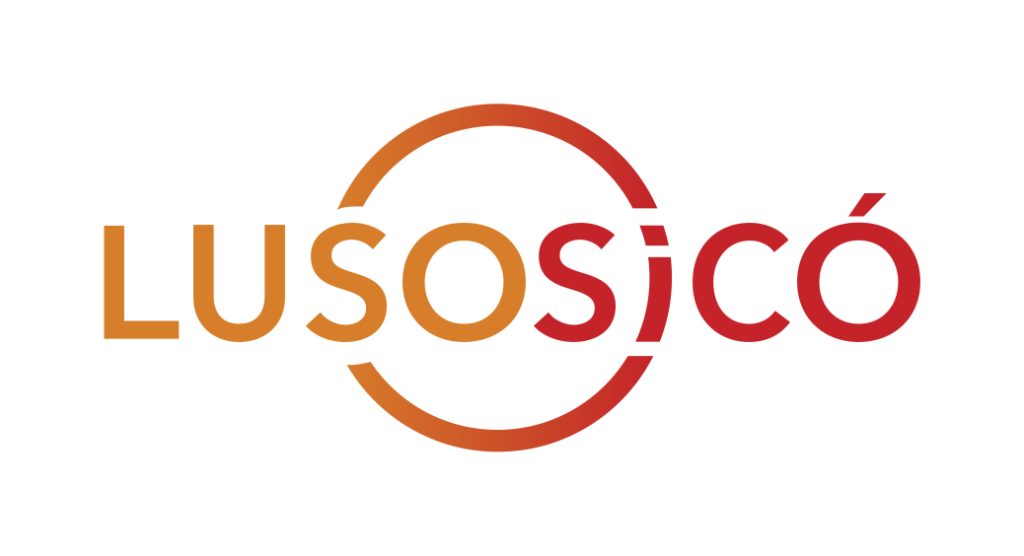The Transformation of Google Search: From Keywords to AI-Powered Answers
Following its 1998 rollout, Google Search has changed from a unsophisticated keyword analyzer into a responsive, AI-driven answer mechanism. Initially, Google’s leap forward was PageRank, which classified pages through the grade and volume of inbound links. This moved the web past keyword stuffing approaching content that earned trust and citations.
As the internet proliferated and mobile devices increased, search actions shifted. Google established universal search to merge results (updates, illustrations, films) and ultimately prioritized mobile-first indexing to display how people authentically peruse. Voice queries by means of Google Now and afterwards Google Assistant encouraged the system to analyze colloquial, context-rich questions in lieu of brief keyword sets.
The upcoming step was machine learning. With RankBrain, Google launched translating previously unencountered queries and user goal. BERT upgraded this by decoding the refinement of natural language—function words, situation, and bonds between words—so results better satisfied what people intended, not just what they submitted. MUM broadened understanding over languages and channels, empowering the engine to tie together interconnected ideas and media types in more refined ways.
At this time, generative AI is reinventing the results page. Demonstrations like AI Overviews synthesize information from countless sources to furnish brief, appropriate answers, frequently featuring citations and forward-moving suggestions. This shrinks the need to engage with assorted links to gather an understanding, while still conducting users to more in-depth resources when they elect to explore.
For users, this shift denotes quicker, more precise answers. For publishers and businesses, it prizes completeness, freshness, and readability over shortcuts. Into the future, project search to become continually multimodal—gracefully weaving together text, images, and video—and more tailored, adapting to tastes and tasks. The development from keywords to AI-powered answers is ultimately about transforming search from spotting pages to solving problems.
